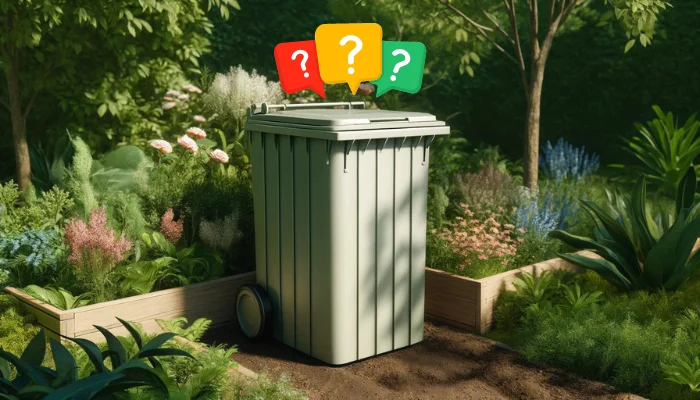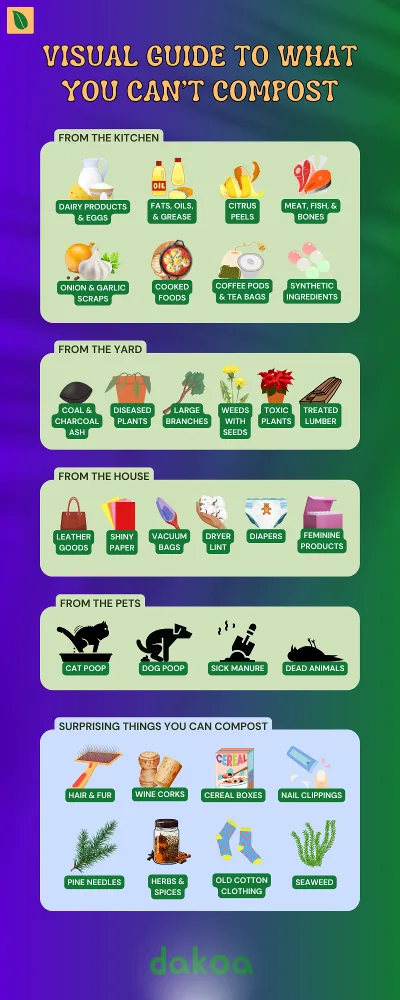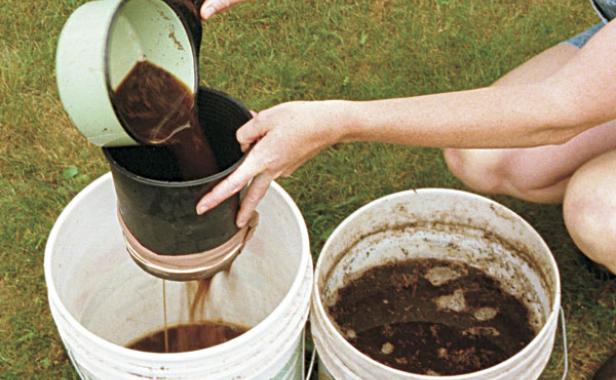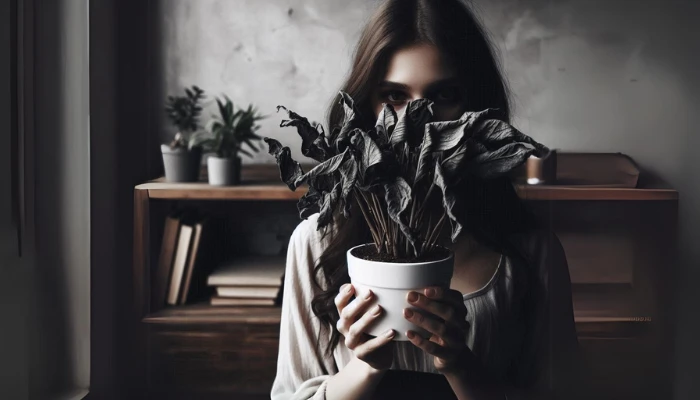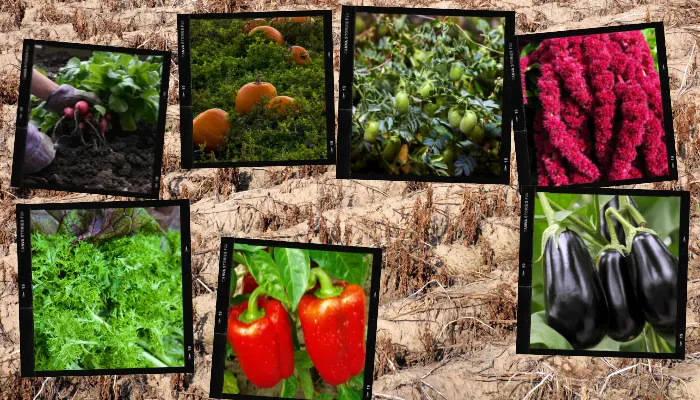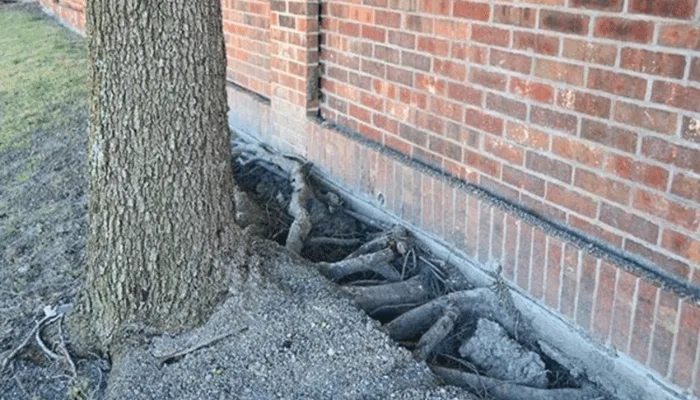Food waste is a huge problem these days and while we can’t convince most people to reduce it, we can turn to composting as a happy side effect. Not all kitchen scraps and yard waste can be transformed into rich, fertile compost, though. So before you start tossing all organic waste into the pile, we need to hit a hard reality check. Not everything belongs in that magical decomposing pile.
Knowing what can’t be composted is just as important as knowing what can. Toss in the wrong items, and you’ll be dealing with contamination, pests, and a stinky mess. You can even kill off the beneficial microbes that are working hard to break down your compost.
Let’s dive into the surprising world of what to keep out of your compost to ensure a clean, efficient, and odor-free composting experience.
Why Certain Items Can’t Be Composted
Knowing what to exclude from your compost pile prevents inefficient decomposition and potential contamination. Here’s a breakdown of what you should avoid.
Kitchen Waste
Meat, Fish, and Bones: Meat scraps are a big no-no. They rot quickly, smell terrible, and attract pests like raccoons and rodents. If you’ve ever wondered why your compost heap smells bad, meat could be the culprit.
Dairy Products and Eggs: Fermented dairy products stink and attract unwanted critters. Rotten eggs and sour milk aren’t just unpleasant; they disrupt the composting process.
Fats, Oils, and Grease: Oil and water don’t mix, and neither do oil and compost. Fats upset the moisture balance needed for composting and attract pests.
Citrus Peels: Acidic citrus peels take forever to break down and can throw off the pH balance of your compost pile. Worms, essential for vermicomposting, particularly dislike citrus.
Onion and Garlic Scraps: Onions and garlic can harm the beneficial organisms in your compost. While small amounts may be okay in a regular compost pile, they are best avoided in vermicomposters.
Cooked Foods: Cooked grains and baked goods, especially those with high sugar content, can breed harmful bacteria and attract pests. Cooked grains, fresh and stale bread can be composted, but they should be buried deep in the compost pile.
Coffee Pods and Tea Bags: Most coffee pods are non-compostable, and many tea bags contain synthetic fibers. Remove coffee grounds and tea leaves from their bags before composting.
Food Waste with Synthetic Ingredients: Avoid composting food scraps that contain synthetic additives or preservatives. These chemicals can disrupt the natural decomposition process and harm beneficial organisms in your compost pile.
Cooking Oil and Grease: As mentioned, oils and grease can mess with the moisture balance. They also create a greasy layer that prevents air from circulating, which is vital for the composting process.
Yard Waste
Large Branches: Large branches take an eternity to decompose. They need to be chipped into small pieces before being added to the compost.
Coal and Charcoal Ash: Ash from your grill contains harmful substances like arsenic and mercury, which can contaminate your compost.
Toxic Plants: Plants like oleander and black walnut contain toxic compounds harmful to other plants. Keep them out of your compost.
Treated Lumber: Treated wood contains chemicals that make it resistant to moisture and biodegradation, posing a contamination risk.
Diseased or Insect-Infested Plants: Diseased plants or those infested with insects can spread problems throughout your compost. Only add healthy plants to your pile.
Weeds Gone to Seed: Weeds like dandelions can sprout in your compost pile and spread wherever you use the compost.
Grass Clippings Treated with Chemicals: Grass clippings are great for composting, unless they’ve been treated with herbicides or pesticides. These chemicals can kill beneficial composting organisms and contaminate your finished compost.
Household Waste
Synthetic Fabrics and Dryer Lint: These contain synthetic fibers that do not break down and can contaminate your compost.
Leather Goods: Leather items, treated with chemicals and oils, take a long time to decompose and can introduce contaminants.
Paper Towels with Chemical Cleaners: While paper towels themselves are compostable, those used with chemical cleaners should be kept out of the compost bin. The chemicals can disrupt the composting process and contaminate the resulting compost.
Glossy and Colored Paper: Papers with glossy finishes or heavy printing contain toxic inks and coatings harmful to compost.
Vacuum Cleaner Contents: The contents of your vacuum cleaner bag often contain synthetic fibers and other non-compostable materials. Avoid adding these to your compost pile.
Disposable Diapers and Feminine Hygiene Products: These items contain synthetic materials and potential contaminants. Even those labeled as biodegradable often require industrial composting conditions that are not achievable in a home compost pile.
Pet Waste
Dog and Cat Feces: Pet feces from carnivores like dogs and cats contain pathogens and parasites that can spread disease.
Manure from Sick Animals: Even herbivorous animal manure from sick animals can introduce harmful bacteria and viruses.
Dead Animals: Dead animals will attract pests and smell bad, introducing unwanted pathogens to your compost.
Surprising Items That Can Be Composted
While there are many things you should avoid composting, here are some surprising items that you can compost:
Eggshells: Crush them first to speed up decomposition. They add valuable calcium to your compost.
Hair and Fur: Human hair and pet fur are rich in nitrogen and can be composted, adding valuable nutrients to your compost pile.
Wine Corks: Only natural corks should be composted. Chop them up to help them break down faster.
Cereal Boxes: While they are compostable, there’s a specific way to do it that requires a touch of prep work. Don’t worry, we wrote an article walking you through the steps.
Nail Clippings: These can be composted, but they take a long time to break down. Ensure they are free of nail polish.
Old Cotton Clothing: Cut them into small pieces to help them break down faster. Avoid items with synthetic fibers.
Used Matches: Wooden matches are compostable and add carbon to your compost mix.
Cardboard: Shred it first for best results. Cardboard is a great source of carbon.
Tea Leaves and Coffee Grounds: Remove them from their bags, and they become a fantastic nitrogen source for your compost.
Herbs and Spices: Old herbs and spices can add nutrients to your compost pile.
Seaweed: Rinse it first to remove any salt, then add it to your compost pile for a nutrient boost.
Pine Needles: These can be composted in small quantities. They break down slowly and add acidity to your compost.
Wood Ash: Use wood ash in moderation. It adds valuable nutrients but can make your compost too alkaline if used excessively. Although, if you have chickens, you may want to save the ash for your chicken baths!
Frequently Asked Questions
Can Rotten Food Be Composted?
Rotten fruits and vegetables can be composted, but diseased food should be avoided. Composting moldy food is generally safe, as mold is part of the decomposition process.
Are Bioplastics Compostable?
Most bioplastics need industrial conditions to break down properly and aren’t suitable for home composting.
Why Can’t Dog Poop Be Composted?
Dog poop contains bacteria harmful to humans and shouldn’t be composted, especially if the compost will be used in vegetable gardens.
Can You Compost White Cat Poop?
No, it’s not safe to compost white cat poop (read more about your cat’s white poop here). Cat feces, regardless of its color, can contain harmful pathogens and parasites such as Toxoplasma gondii, which pose serious health risks to humans and animals. Composting cat poop can lead to contamination of your compost pile, making it unsafe for use in gardens, especially those growing edible plants. For more information on the topic, you can read our detailed article on white cat poop.
Can You Plant Directly Into Compost?
While you can, it’s better to mix compost with soil. Pure compost can be too rich and unstable for plants.
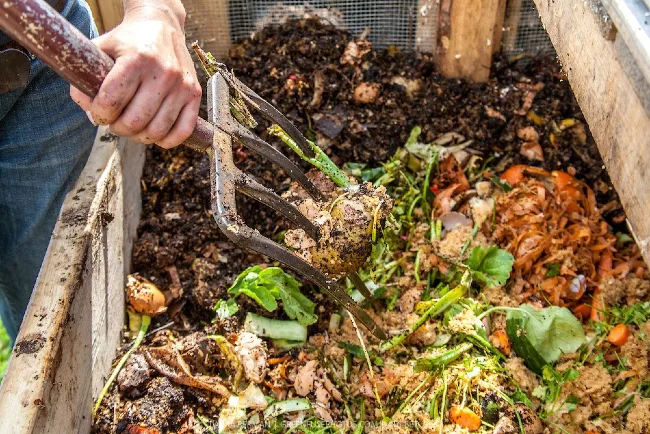
What About Citrus Fruits?
Citrus fruits are acidic and can disrupt the pH balance of your compost pile. Use them sparingly and ensure they are well-balanced with other compost materials.
What is the Best Way to Compost Kitchen Scraps?
Using a worm bin or vermicomposter is a great way to compost kitchen scraps. Worms, like red wigglers, speed up the composting process and produce high-quality compost.
How Should You Handle Composting During Different Times of the Year?
Composting can be done year-round, but the process slows down in colder months. Insulating your compost bin or using a hot compost pile can help maintain activity during winter.
Is It a Bad Idea to Compost Weeds?
Weeds can be composted if they haven’t gone to seed. Otherwise, they might sprout in your compost pile or wherever you use the compost.
What Are the Benefits of Compost Tea?
Compost tea is a liquid produced from steeping compost in water. It’s a rich fertilizer for plants, providing a boost of nutrients and beneficial microorganisms. Find out how to make compost tea here!
How Do You Ensure the Best Results from Your Compost?
Maintain a good balance of green and brown materials. Green materials are nitrogen-rich, while brown materials provide carbon. Aim for a 50/50 mix for optimal decomposition.
Conclusion
Proper composting requires knowing what to keep out of your bin. By following these guidelines and incorporating the right materials, you can ensure your compost remains efficient and beneficial. Share this knowledge and help others keep their compost clean and productive.







